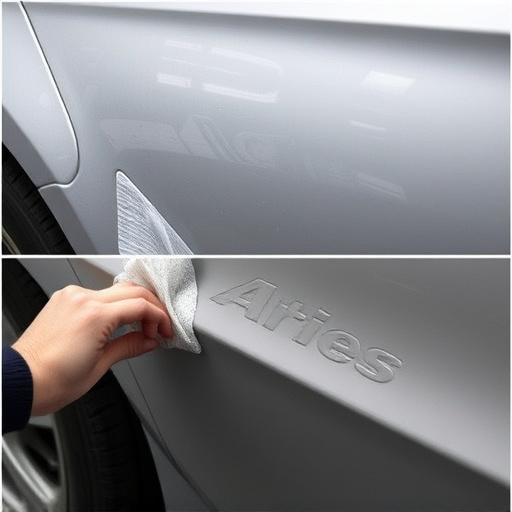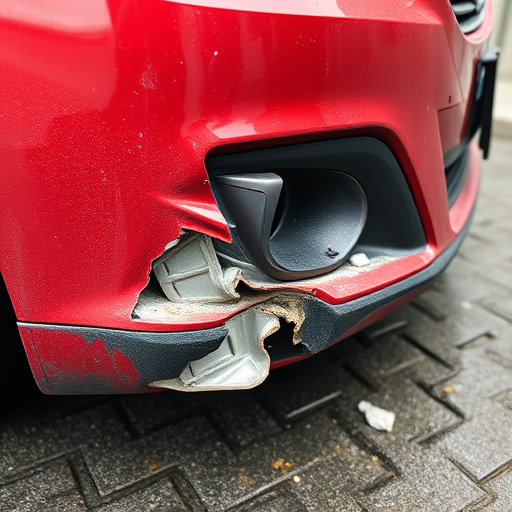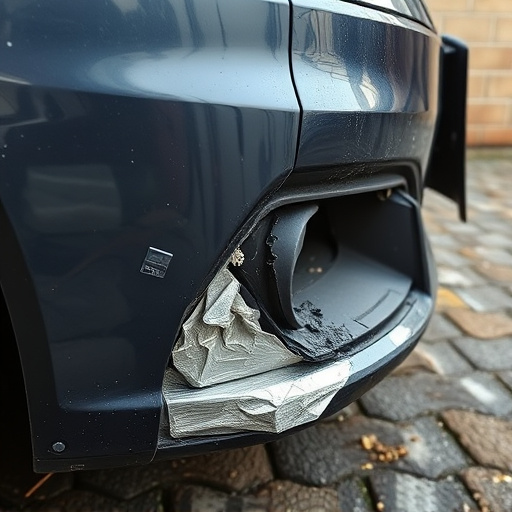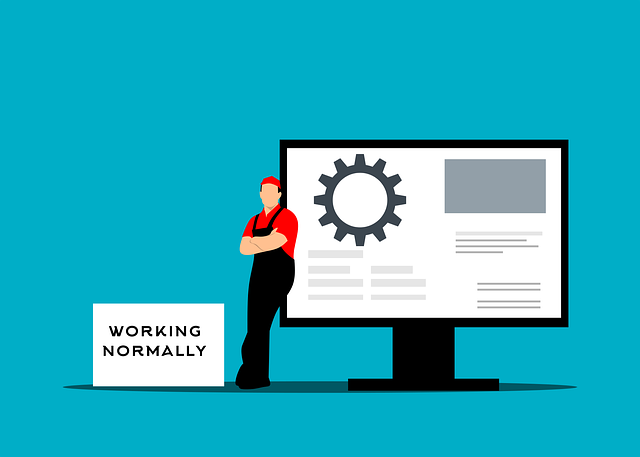Claim Dispute Resolution (CDR) is vital for consumers facing product or service issues, especially in auto maintenance. It offers a structured approach to settle disagreements through negotiation, mediation, or arbitration, ensuring fair compensation and quality repairs. By understanding their rights and available methods, consumers can navigate complex processes, build trust, and avoid lengthy legal battles, leading to enhanced consumer experiences and business accountability.
Claim dispute resolution is a vital process that ensures consumers receive fair compensation for faulty products or services. This article explores the significance of efficient claim dispute resolution from a consumer’s perspective, shedding light on common issues and challenges they face. We delve into strategies that foster benefits, empowering buyers to navigate complexities effectively. Understanding these mechanisms is key to enhancing consumer protection and fostering trust in various industries.
- Understanding Claim Dispute Resolution: A Consumer's Perspective
- Common Issues and Challenges Faced by Consumers in Claims
- Strategies and Benefits of Efficient Claim Dispute Resolution for Buyers
Understanding Claim Dispute Resolution: A Consumer's Perspective

For consumers, understanding claim dispute resolution is crucial when navigating the process of resolving issues with products or services they’ve purchased. At its core, claim dispute resolution (CDR) involves a structured approach to address and settle disagreements between buyers and sellers. From the consumer’s perspective, this means having a clear channel to voice concerns, whether it’s about faulty goods, unsatisfactory service, or misrepresented product information.
Effective CDR processes empower consumers by providing avenues for negotiation, mediation, or arbitration. In the context of auto maintenance, automotive collision repair, or even minor issues with auto body work, consumers can leverage these mechanisms to seek fair compensation or replacement services. By familiarizing themselves with their rights and available resolution methods, consumers can ensure they receive the best possible outcome when facing a claim dispute, ultimately fostering trust in purchasing decisions.
Common Issues and Challenges Faced by Consumers in Claims

Consumers often encounter significant challenges when dealing with claim disputes, especially after an accident or damage to their property. One of the most prevalent issues is navigating the complex process of filing and managing claims, which can be overwhelming for those unfamiliar with insurance procedures. Many consumers struggle to understand their rights, the documentation required, and the steps needed to resolve a dispute effectively.
In the case of vehicle-related incidents, such as paint repair or auto body work following a collision, consumers may face additional hurdles. They must deal with insurance companies, repair shops, and sometimes even dealers, each with their own processes and requirements. This multi-faceted approach can lead to delays, miscommunications, and disputes over the quality of repairs, especially when consumers are unsure about the standard procedures for vehicle collision repair. Efficient claim dispute resolution becomes crucial in these scenarios to ensure consumers receive fair compensation and high-quality service.
Strategies and Benefits of Efficient Claim Dispute Resolution for Buyers

Efficient claim dispute resolution offers multiple strategies that significantly benefit consumers, especially when it comes to claim dispute resolution for car collision repairs. A streamlined process ensures buyers receive prompt compensation and quality services from reliable vehicle body shops. This involves clear communication channels where all parties understand their rights and responsibilities, fostering trust.
By adopting effective claim dispute resolution methods, consumers can avoid lengthy legal battles and the hassle of navigating complex paperwork. Moreover, it encourages businesses to maintain high standards by addressing issues promptly, resulting in better customer satisfaction. For instance, if a buyer is dissatisfied with the quality of car collision repair, quick and fair dispute resolution can lead to repairs being rectified at no additional cost, enhancing the overall experience for the consumer.
Claim dispute resolution is an essential process that empowers consumers, ensuring they receive fair compensation and protection. By understanding their rights and utilizing efficient strategies, buyers can navigate common challenges with confidence. Effective resolution not only safeguards financial interests but also enhances consumer trust in the market, fostering a more transparent and positive shopping experience. This structured approach to managing disputes is a game-changer, enabling consumers to advocate for themselves and ensuring businesses maintain high standards of customer satisfaction.













